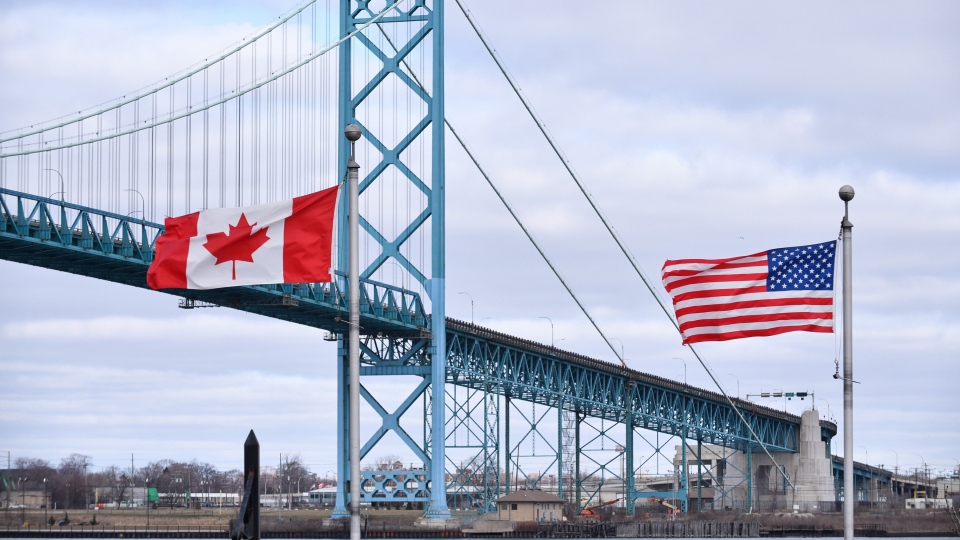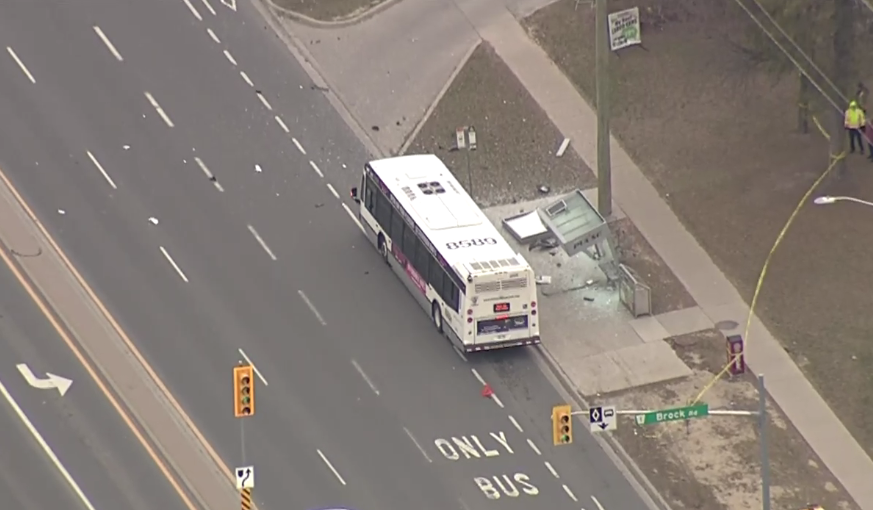The ongoing discussion about the use of burner phones has gained traction on social media, especially amidst heightened scrutiny on personal electronic devices by U.S. immigration officials. With recent developments, including increased searches and new regulations for Canadians traveling to the U.S., concerns about privacy and safety have come to the forefront of public discourse.
Traveling to the United States has become increasingly complicated for Canadians due to new mandatory requirements. For instance, Canadians planning to stay for more than 30 days must now register with the American government. This regulation, combined with alarming reports of travelers being detained at the border, has understandably led many Canadians to feel reluctant about crossing into the U.S.
In light of these developments, questions surrounding travel safety and personal security have surfaced for those who still need to travel to the U.S. What can these travelers expect, and how can they protect themselves during their journeys? The need for precautions, such as using burner phones, has stirred debate among travelers and cybersecurity experts alike.
Host Maria Kestane engaged in an insightful conversation with Frédéric Dimanche, the director and professor at the Ted Rogers School of Hospitality and Tourism, providing valuable insights into the current landscape of Canada-U.S. travel safety. Dimanche emphasized the increased level of scrutiny being applied at the borders and the implications this has on travelers' personal information.
The discussion highlighted several critical points, including the significance of being prepared for potential encounters with border officials. Dimanche noted that Canadians should be aware that their electronic devices might be subject to examination, and sensitive information could be at risk. This realization has made the option of carrying a burner phone appealing for some travelers. A burner phone, which is often prepaid and disposable, may provide an added layer of security for individuals concerned about their privacy and data protection.
Travelers are encouraged to consider what information they store on their devices and whether that information is necessary for their trip. With heightened surveillance and the potential to have devices searched, stripping down electronic devices to only essential applications and files can mitigate risks. The idea of using a burner phone could help travelers retain more control over their personal data while still being able to communicate while abroad.
As the conversation unfolded, it became clear that the safety of Canadian travelers is influenced by a myriad of factors, including current policies and practices at border checkpoints. Dimanche highlighted the need for travelers to stay informed about their rights and the latest developments in travel regulations. Awareness can empower travelers to make informed decisions, whether choosing to bring a burner phone or opting for other safety measures.
In conclusion, as the relationship between Canada and the U.S. evolves and travel regulations change, the ongoing debate around the use of burner phones illustrates the broader concerns about privacy and safety in international travel. For Canadians with travel plans to the U.S., it is critical to stay informed, prepared, and vigilant about potential encounters with immigration officers to ensure a safe and secure travel experience.











